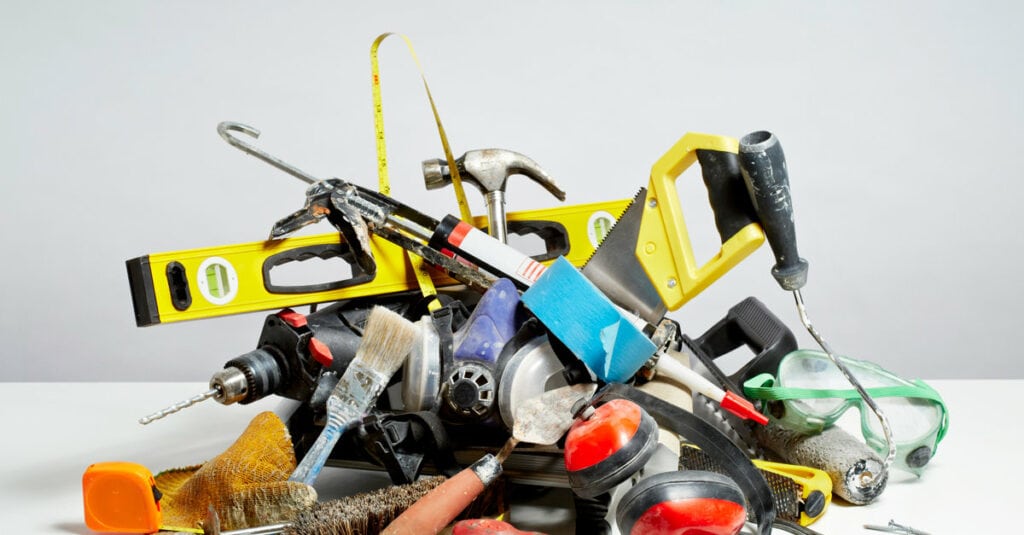How to Handle Tenant Repairs
For both landlord and tenant, it is never fun dealing with repairs! Landlords often struggle to keep up with a rental property’s demands, while tenants don’t want to live in a home that isn’t functioning correctly. To help combat rental repairs, a landlord must implement a system to handle property maintenance and emergency repairs quickly and efficiently.
What Is a Landlord Required to Fix?
North Carolina law states that landlords must keep their properties fit and safe for tenants by making repairs and maintaining the property in compliance with codes. This takes into account any dangerous problem that may occur in a home such as but not limited to:
- Maintaining and repairing provided appliances
- Plumbing and electrical issues
- Heating and air conditioning concerns
- Unsafe wiring, flooring, ceiling, roof, etc.
- Lack of operable locks
- Broken or compromised exterior items such as windows, roofing, gutters, etc.
- Excessive standing water
- Lack of working water
- Gas Leak
- Mold
It’s important to remember that only a small percentage of maintenance repairs are unpredictable — most occur from overdue maintenance. A landlord needs to set up a system on how to stay ahead of repairs and stick to the plan.
What are the Most Common Rental Repairs?
To protect your rental property and reduce the risk of damages to the home (or tenant), it is best to set aside time every year to address common rental property repairs. Here is a list of the Top 10 Most Common Rental Repairs.
- Properly working smoke detectors and carbon monoxide detectors
- Water leaks caused by a damaged roof, failed weather stripping, broken appliances, poorly fitted pipes or a forgetful tenant
- Fixing or replacing the water heater
- Maintenance or replacement of HVAC Systems
- Broken or compromised garbage disposal
- Clogged or compromised toilets
- Protection against electrical damage
- Pest control (regular pest control services)
- Drywall and cosmetic maintenance
- Exterior/yard maintenance (removal of trees and other threats to the home)
How to Handle Repairs
No matter how diligent you are as a landlord, problems will occur. Therefore, it’s important to set up procedures and protocols on how a tenant should handle any maintenance concern. Make sure to outline the correct procedures to request repairs and how to handle emergencies in the lease agreement.
Need Help?
At Oak City Properties, we make sure to work with you each step of the way when renting your property. Our full management property service will market the property, locate prospective tenants, and show the home. Once a tenant is placed in your rental property, we will: collect rent payments, assess and collect late payment fees, provide 24/7 maintenance, help with accounting/tax services, and deal with any court appearances in the event of an eviction.
Want to learn more about our commitment to effective real estate investing and property management? Contact us or give us a call at (919) 232-9222. Feel free to also check out our website at oakcityproperties.com or check out our Facebook Page.
Want to Read More?
Take a look at a few more blogs that may help with your real estate investment journey.

